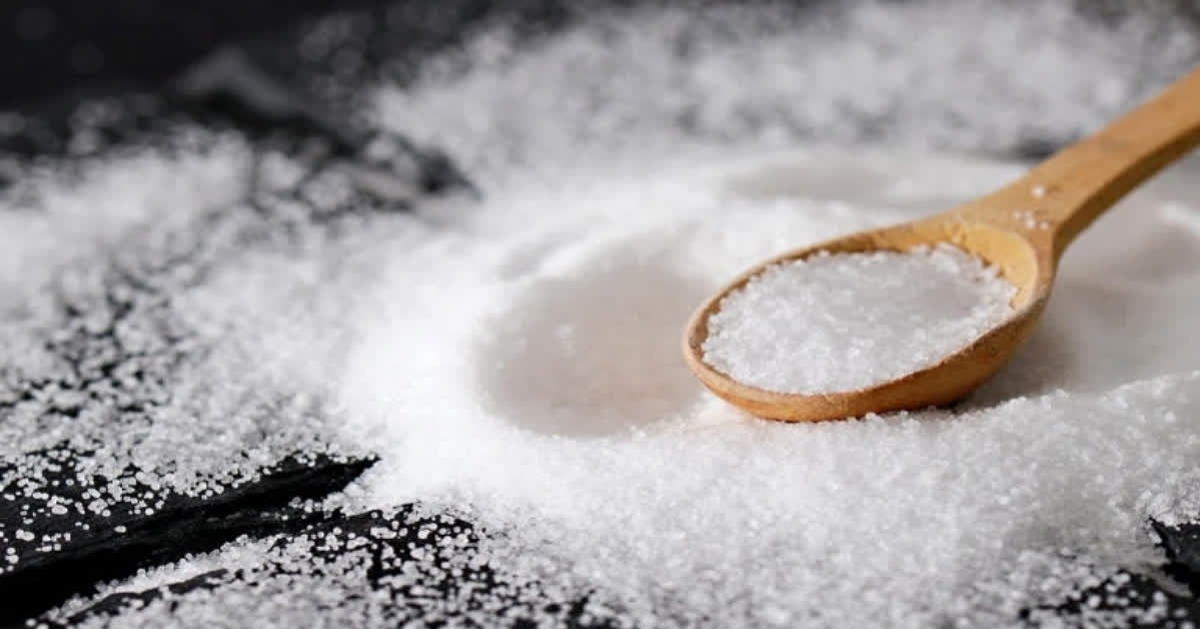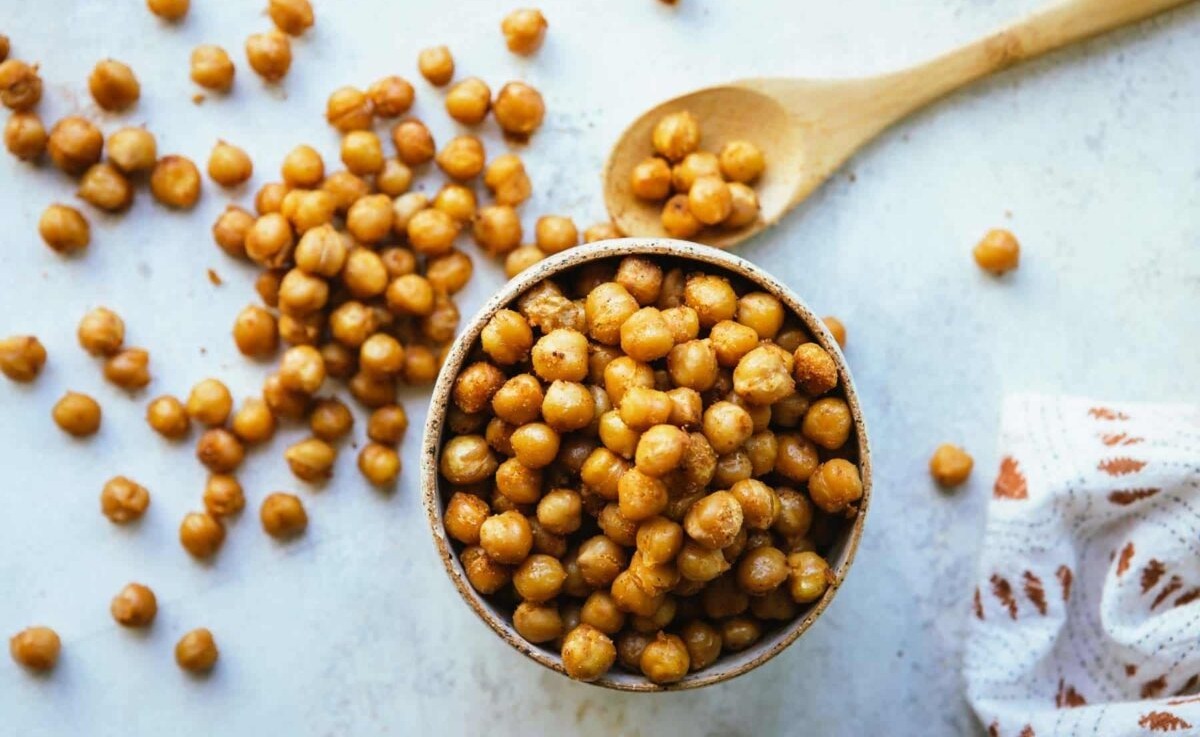Heart-related problems, such as heart attacks, cardiac arrests, and heart failures, noticeably rise throughout the winter. Vasoconstriction and high blood pressure can result from exposure to extremely cold temperature swings. The elderly and those with pre-existing cardiac diseases are particularly at risk in the winter.
Hormonal changes and popular culture tend to enhance appetite throughout the winter, leading to bad eating behaviors that include consuming too many fried meals, sweet desserts, and high-calorie substances. However, by dividing meals into regular, tiny pieces, people can avoid apatite and consume low-calorie foods. Many people believe that drinking and smoking keep the body warm and help them get through the cold. However, excessive drinking and smoking are harmful to everyone, regardless of the weather.
Drinking coffee, tea, and vegetable-rich soups on a regular basis can help you stay warm during the winter. Because of blood vessel constriction and other hormonal changes, blood pressure tends to rise gradually over the winter. However, if you schedule a pre-winter appointment with your physician, you will learn how to modify and adjust the dosage of your normal medications during the winter when you see elevated blood pressure readings during your periodic at-home self-monitoring.




